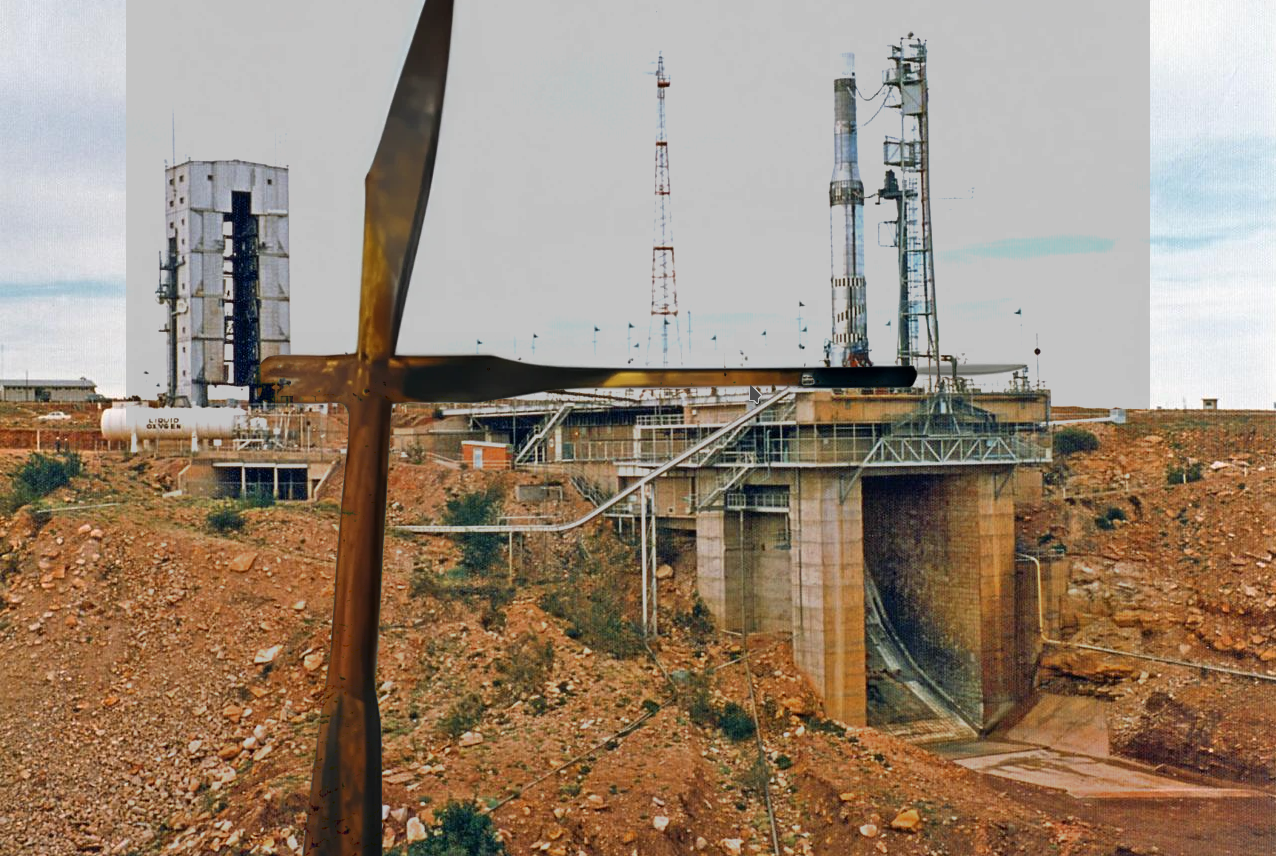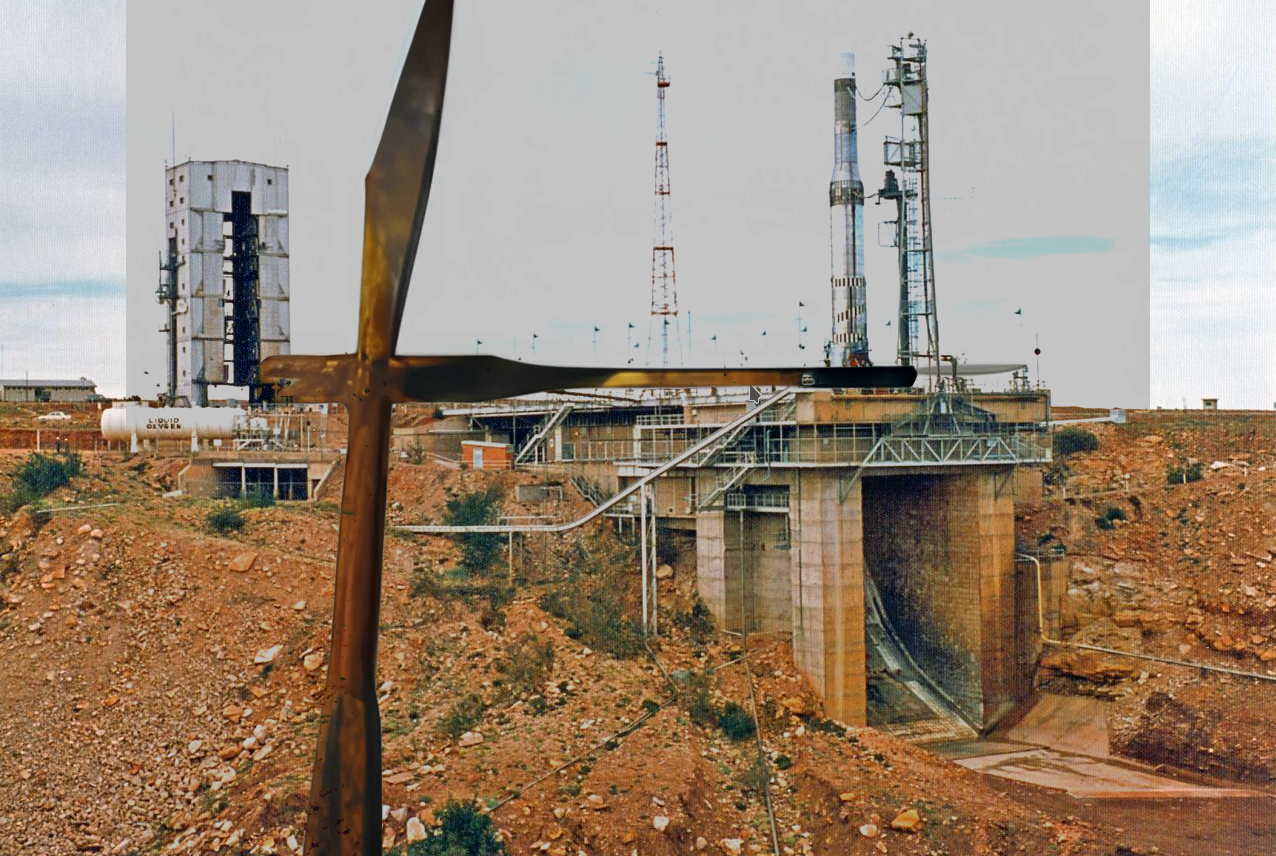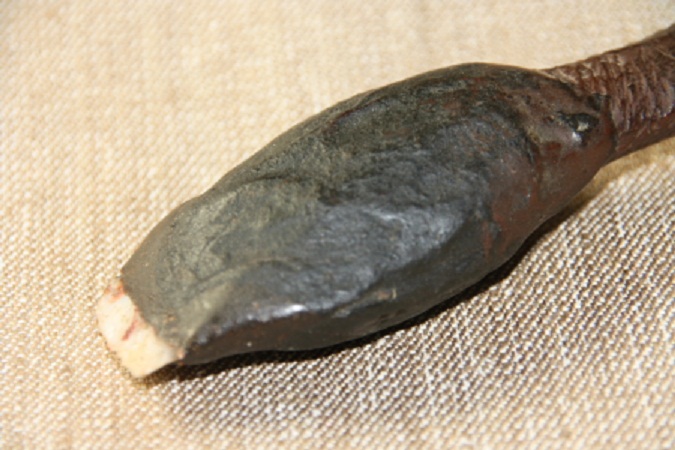
The woomera is a multitool, get over it you lazy bastards
writing and reading densities, the proverb, the pun, the multitool and worlding a life
This post is:
- a style guide, but for the reader
- a reflection/worry on my writing/reading preferences/methods
While in the space of making a ‘three-parter’ on the…—gap, my daughter has mentioned that she has read a few posts (in 2023) on the substack version of why we should, if only because I mentioned her in one post, and she said, “Yes, quite dense.”
Not an appreciative compliment, but it was said more in acknowledgement than in judgement.
I agreed, "Yes, quite dense."
Her words paused me to think more about density and my laziness. I understand that writing densely is not an attractive style of writing, but it has it advantages. But before I mention them I will have to explain lazy.

For some decades I have used a routine before I "complain" about something, which appears self-deprecatory.
"I am…" I say, "…a lazy man." And then i suggest something… —else.
I have done this clever thing for some two decades at least, since I became a parent and ordinary things got harder. Before that I floated along, going along, with things a bit.
Recently I have seen a meme or too that has credited Bill Gates with a similar twist as a criterion for employment. “I choose a lazy person to do a hard job. Because a lazy person will find an easy way to do it.” But check out the quoteinvestigator.com on that.
I mention this because, mis-attributed or not, well repeated quotes are like proto-proverbs. They just need to drop the references, while the phrasing needs to become more lean and pithy. With time they will be ground down and refined and a figure of speech is born.
Proverbs are interesting because they can often be found in antithetical pairs. You know how we can have a wise-saying with one piece of advice, and then find another which counters it:
Two heads are better than one. Too many cooks spoil the broth.
Well, what I am really saying in a lazy way, is actually counter to the admission "I am lazy". Perhaps a type of ironic sarcasm? “Hey dudey-poos, mates, cobbers, this annoying thing I want to complain about could be fixed with a little more efficiency, a little working smarter not harder, but I'll say this idea safely —by saying it’s because I am lazy.”
I am basically assuming you are not a narcissist who will take a free kick. I trust you.
What I am working towards saying here is:
I enjoy dense well-ramifying connective writing as a reader & writer, and;
I like reading deeply connotative wordwork because it helps me remember, and write.
My 'mind-palace' is easier and better built doing this, its lazy because it more quickly builds connections. (This is a type of world-building… —a term I need to define both by use and deliberately in definition, maybe after mapping… —the gap is done) as a result:
I end up skimming less dense but well-planned texts because I am searching for the signal in the non-signal (not even noise): the gist, the take-home message, for,
a dense text stops me doing that noise skiming,
and so, paradoxically perhaps, I remember more, and integrate more… —detail.
Admittedly all is slower when I need to built something I have never built before. YMMV
Interestingly, it is hard work that explains hunter-gatherer laziness [as perceived by colonials]. In humans, a species hard-wired for work, laziness is not a luxury, it’s a necessity: we must relax and save energy when we can.
Vivek V Venkataramanis, ‘What Hunter-Gatherers Demonstrate about Work and Satisfaction’
One thing many (early) human societies do is combine tool functions in one form, and in worldbuilding they/we also multi-tool all cultural formats and elements. The world is a tool of self. Such redundant doubling-down on the ability to manage multi-stage process of production is an ancient recursive skill. Dense layering of meaning is one example.

The example here is that the woomera is a also chisel at the handle end, but you can carry just the one item. This is efficient, working smarter/lazier, not harder/dumber.
The symbol of the woomera, a spear-thrower, can thus be woven into stories that tell of the power of multitooling. Stories that might carry one to the stars.
The song of the journey is the map in a tell, the song’s rhythm is a stride in stepping withover country. The people country law into voice, many hear them speak, some run away lost.
The performance is the rite of passage. The symbol is the thing of the world child.
We are all more open to new music as a young things, that power the novelty… —and you repeat what you learned when a young'un as an elder, less open to the new, nostalgia is a tradition forming device. The second childhood is not a renewal, it is a passing on..
Our economics now separates the youthful excitement from old farts (somewhat negated by various new streaming platforms). The worldbuilding doesn’t care? Indeed while multitools are a popular 'tactical' consumer and tradie product, general economic theory is not so keen on that style of productivity. They don’t do any one thing really well, as this ruins comparative advantages.
Thus successful modern economics disdains redundancy and multplicity when preferring the comparative advantages of a well-run core business, via taylorised specialisations. All guided by executive summaries…
People are too busy to read dense texts. It ruins their comparative advantages when dealing with binary narcissists, but not policing them…
Peta Miller. “The Ultimate A-Z Tradie Dictionary.” Accessed May 23, 2024. https://www.smithslawyers.com.au/post/tradie-dictionary.
Vivek V Venkataramanis, ‘What Hunter-Gatherers Demonstrate about Work and Satisfaction’, Aeon, 2023 <https://aeon.co/essays/what-hunter-gatherers-demonstrate-about-work-and-satisfaction>
Daniel Lieberman. Exercised: Why Something We Never Evolved to Do Is Healthy and Rewarding. New York: Pantheon Books, 2020.
Timothy McKenry. “Why Do We Stop Exploring New Music as We Get Older?” ABC News. February 25, 2023. https://www.abc.net.au/news/2023-02-26/why-do-we-stop-exploring-music-as-we-age/102006492.
First version of this post appeared at substack in April 2023.

